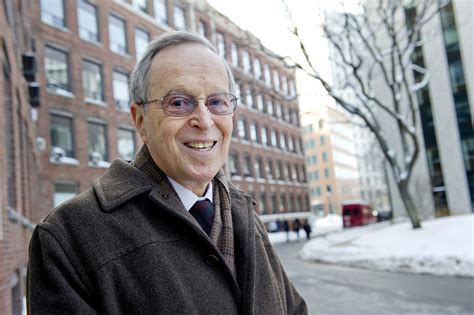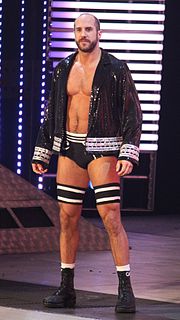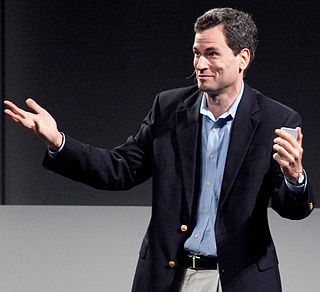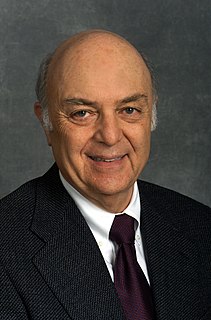A Quote by Harlan Lane
Language [can] be expressed . . . by movements of the hands and face just as well as by the small, sound-generating movements of the throat and mouth. Then the first criterion for language that I had learned as a student—it is spoken and heard—was wrong; and, more important, language did not depend on our ability to speak and hear but must be a more abstract capacity of the brain. It was the brain that had language, and if that capacity was blocked in one channel, it would emerge through another.
Related Quotes
I have a funny relationship to language. When I came to California when I was three I spoke Urdu fluently and I didn't speak a word of English. Within a few months I lost all my Urdu and spoke only English and then I learned Urdu all over again when I was nine. Urdu is my first language but it's not as good as my English and it's sort of become my third language. English is my best language but was the second language I learned.
My brain can form thoughts that come out through my mouth. The problem is sometimes I stumble the words because I speak five different languages - we know all that - so the thing is, I like to speak the language that everybody speaks all around the world, that the WWE Universe loves... that's the language of wrestling that I do in the ring.
I did not say that language as a completed system emerged in an individual in an instant. But I cannot think of a coherent alternative to the idea that mutations take place in individuals, not communities, so that whatever rewiring of the brain yielded the apparently unique properties of language, specifically recursive generation of hierarchically structured expressions, would therefore have taken place in an individual, and only later been used among individuals who had inherited this capacity.
Today, there are over 7,000 languages spoken throughout the world. They may sound different, but in every case, they're drawing on the same regions of the brain. If you had told me that stone-tool-making had something to do with our ability to speak, I would have said you've got rocks in your head, but the latest studies indicate that once Homo erectus got creative with stone, our brains were on the way to inventing the most powerful tool of all: language.
We believe we can also show that words do not have exactly the same psychic "weight" depending on whether they belong to the language of reverie or to the language of daylight life-to rested language or language under surveillance-to the language of natural poetry or to the language hammered out by authoritarian prosodies.
Text input is certainly useful, but images and speech are a much more natural way for humans to express their queries. Infants learn to see and speak well before they learn to type. The same is true of human evolution - we've had spoken language for a long time compared to written language, which is a relatively recent development.
My friend had a brilliant idea. This impressed me. It reflected an immense deal of credit on his brain. But when he expressed it,it lost all value, and enjoyed but a commonplace status. My friend blamed this devaluation on the language. "I hate English," he said. So he studied another language. He mastered it so perfectly that there was no room left in his brain for a brilliant idea. Now he has a grudge against words. He refuses to use them. He prefers to shrug or grunt. A new crop of ideas is growing. They show promise of future refinement.
The politics of language and the politics of writing really got to me. I've heard this phrase more than once now: this idea of the poetry wars, or the idea that people within the space of writing are at odds with one another or manipulating language to further one's political stance, manipulating language in ways that really felt dirty to me. All of these things worked their way into and through language for me.
Being a slow reader would normally be a deficiency; I found a way to make it an asset. I began to sound words and see all those qualities - in a way it made words more precious to me. Since so much of what happens in the world between human beings has to do with the inconsideration of language, with the imprecision of language, with language leaving our mouths unmediated, one thing which was sensuous and visceral led to, in the use of language, a moral gesture. It was about trying to use language to both exemplify and articulate what good is.
If a novel is written in a certain language with certain characters from a particular community and the story is very good or illuminating, then that work is translated into the language of another community - then they begin to see through their language that the problems described there are the same as the problems they are having. They can identify with characters from another language group.




































